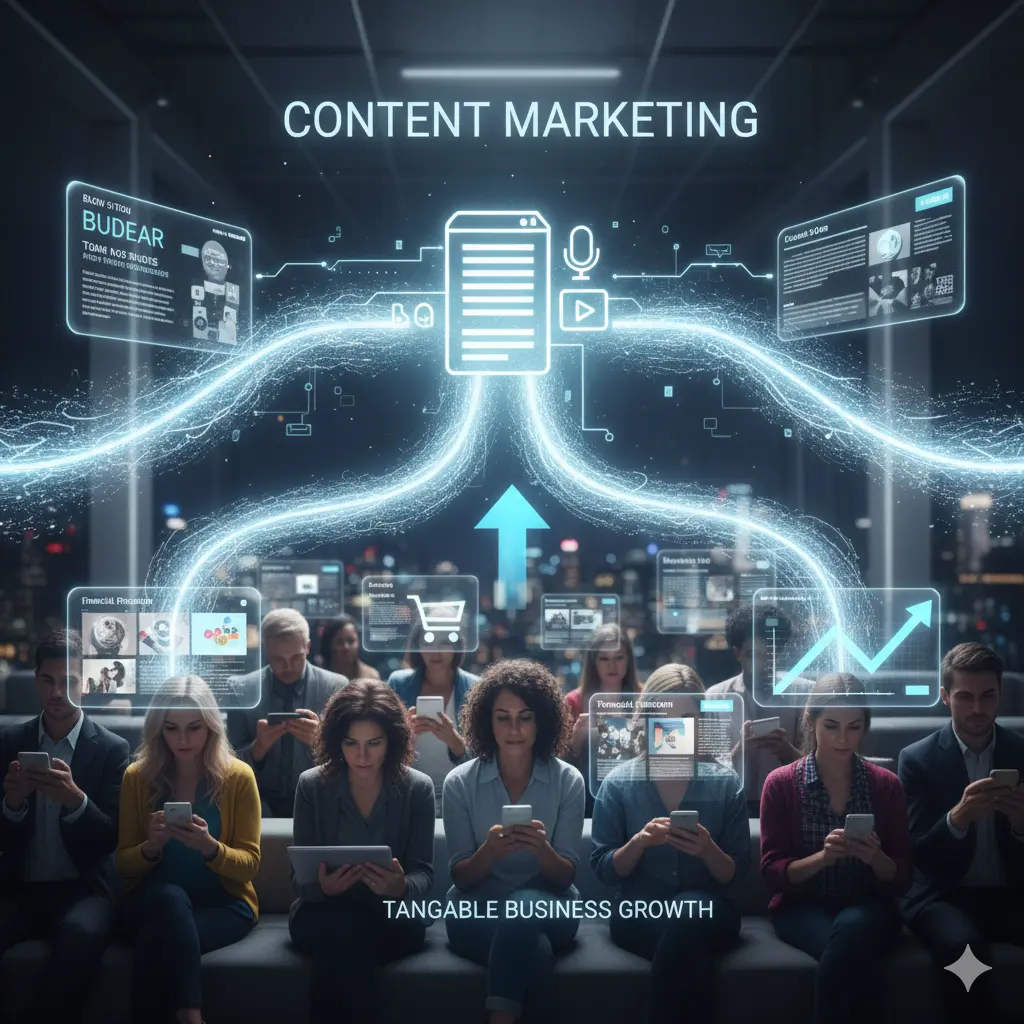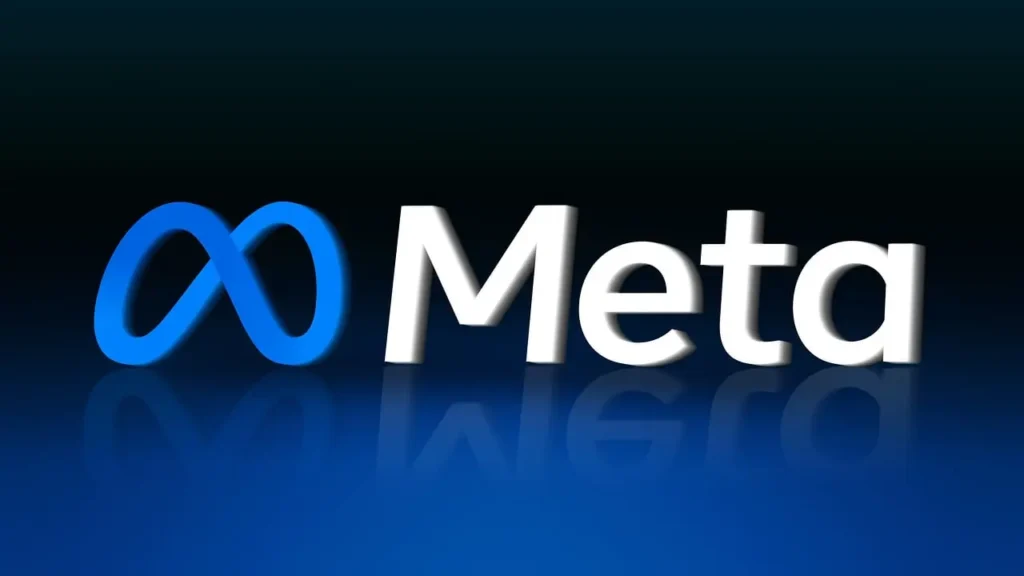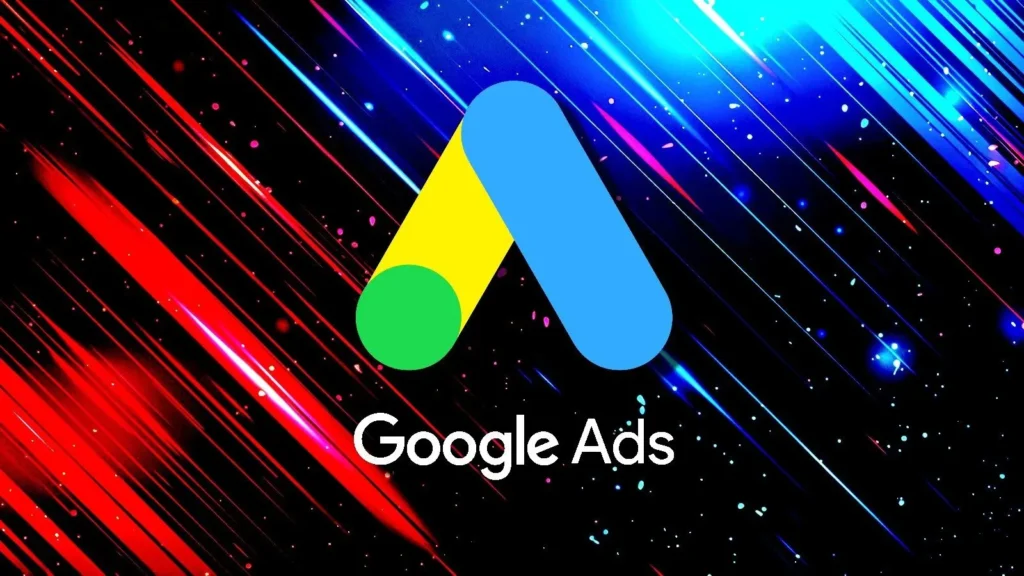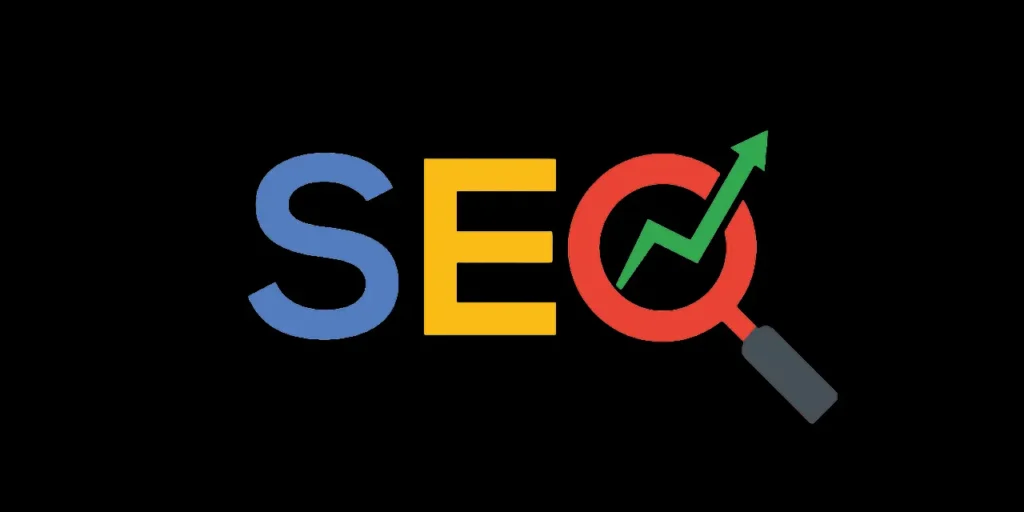Digital Marketing Services
In today’s fast-paced digital landscape, simply having an online presence isn’t enough. My Digital Marketing services are designed to be your dedicated growth engine, focusing intensely on one core objective: Helping you achieve your specific business goals as efficiently as possible.
I cut through the complexity and guesswork to deliver measurable results. Whether your goal is to increase brand awareness, drive high-quality leads, boost online sales, or enhance customer loyalty, I use targeted strategies—like SEO, Social Media Management, and data-driven advertising—to reach the right audience at the right time.
I align my digital expertise directly with your bottom line, ensuring that every marketing dollar spent contributes meaningfully and efficiently to your success.
Social Media Marketing (SMM)

Think of Social Media Marketing as your company’s megaphone, strategist, and customer service hub rolled into one. It is the method of using social platforms purposefully to connect with people. Using smart tools (data) to know exactly who your customers are and what they want. By reaching this optimal audience with a targeted message, I can turn casual likes and follows into tangible results—like a new customer, a confirmed appointment, or a completed sale.
Content Marketing

Content Marketing is the process of using information (blog posts, videos, infographics, etc.) as a magnet to pull in the right customers. Instead of interrupting people with ads, I can create content that is valuable, relevant, and consistently shared. I can clearly define who we want to reach, and then provide them with answers and solutions. This strategic sharing builds trust, keeps your brand top-of-mind, and ultimately motivates those interested people to take the final step and become paying customers.
Meta Ads

Meta Ads is simply the way to pay for advertising spots across the Meta family of apps (Facebook, Instagram, etc.). The genius of this system is its advanced targeting. We can tell the platform exactly who we want to see the ad (based on age, location, interests, etc.). This means we’re not wasting money showing your ad to random people. Instead, we are putting your service or product directly in front of warm leads, making it a very efficient and scalable way to drive immediate customer action.
Google Ads

Google Ads lets your business instantly jump to the front of the line on Google Search. It’s like having a digital billboard placed directly on the main highway where your customers are driving. Instead of waiting months for your website to appear naturally, we pay Google to show your ad to people who are typing in specific phrases (keywords) related to what you sell. This simple method guarantees immediate visibility and helps you capture new customers efficiently the moment they start searching.
Search Engine Optimization (SEO)

SEO is how your business gets found naturally on Google (and other search engines) without paying for every click. We optimize your website so it ranks higher for important search terms. Think of it as organizing your store so everything is easy to find, and making sure your sign is visible from far away. The goal is to dramatically increase the quantity and quality of visitors coming to your site for free (organic traffic). When done right, SEO ensures your business is the first one people see when they need what you offer.
Shorts Editing

I have strong skills in editing short videos using tools like Adobe Premiere Pro, Canva, and other creative platforms. I can handle tasks such as trimming clips, adding smooth transitions, adjusting colors, and enhancing audio to make videos look professional and engaging. I also enjoy adding text, graphics, and effects that make the content more appealing for social media or promotional use. By combining the advanced features of Premiere Pro with the design flexibility of Canva, I’m able to create short videos that are visually attractive, easy to understand, and tailored to capture the audience’s attention.”